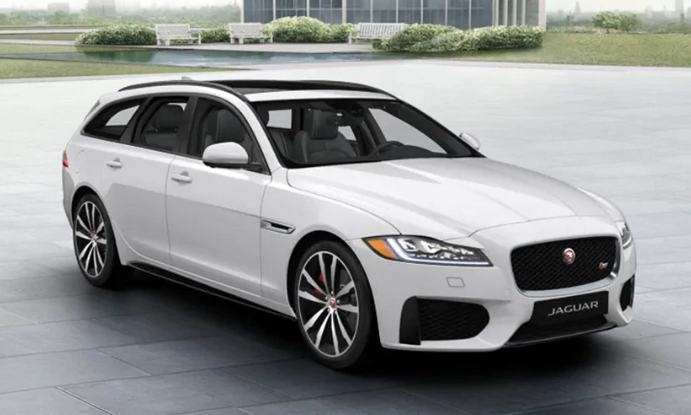
How Many British Brands Remain British?
The bigger a company is, as the theory goes, the bigger the discount on parts, and research and development. That lesson is called, economies of scale. Automotive manufacturers are well versed in this. That is why people are often surprised to find out that many brands are not true to their reputation. For example, are British brands still British?
Economies of scale is not a new concept. Manufacturers have been studying and taking advantage of it for decades. So, it’s not unusual to see in the history books one manufacturer buying out another one. On the surface, it may be seen as a mercy killing. But to look deeper, one will often find that the purchaser is looking at broadening a market reach, and saving through economies of scale.

Economies of Scale
The mid-2000s is a good example. A fellow named Sergio Marchionne was the head of Fiat at the time. He was looking for a suitable candidate to merge with so that both companies could benefit from, you guessed it, economies of scale. Initially, he approached General Motors and Ford. Both declined. But, when the financial crisis of 2007-2008 started to tighten funds for automakers worldwide, Marchionne approached Chrysler.
The American big three manufacturers were going through hearings before Congress at the time. The topic was, bailing out the ailing manufacturers. Ford walked away from the hearings, as they were in a stronger position and did not need the bailout. However, Congress agreed to bail out General Motors and Chrysler. Chrysler’s bailout was not straightforward, though. It was conditional on the merger with Fiat. Marchionne got his wish. So, Fiat and Chrysler merged, forming what is now called FCA, Fiat Chrysler Automobiles.
Fiat Chrysler Automobiles
FCA is the umbrella company for many brands under both Fiat and Chrysler. Those brands are Abarth, Alfa Romeo, Chrysler, Dodge, Fiat, Jeep, Lancia, Maserati, and Ram. As a result of this merger, American brands that came under the Fiat umbrella, in essence, became Italian companies. They may own and operate American production plants and have a rich American history, but Chrysler, Dodge, Jeep, and Ram, are now Italian at their core. And, as you read this, FCA is changing hands again. Seems strange?
Ford Motor Company
It’s not as strange as one might think. Back in 1999, Ford owned Jaguar, Land Rover, Aston Martin, Volvo, and Mazda. It also owned the naming rights of Rover. They organized the luxury brands under the Premier Automotive Group, leaving Mazda alone. In 2006, funds started to get tight for Ford. So, they started dismantling the same Premier Auto Group by selling the individual brands off.
- Ford sold the naming rights of Rover to BMW. So, Rover is German.
- Jaguar and Land Rover were sold to Tata Motors, a company from India.
- Aston Martin was sold to a large conglomerate private investment group, some of whom are based in Kuwait.
- The Swedish brand, Volvo, was sold to Geely, a company from China.
- Ford also sold its controlling stock in Mazda in 2008 to the open market.
Who is your British daddy
So what about the British brands? As manufacturers continue to seek economies of scale, a lot of movement has been triggered for the British brands as well. To whom do they belong to?
- Bentley was purchased by Volkswagen Group in 1998. This makes it German.
- Rolls-Royce was purchased by BMW, also in 1998. This is also German
- MG is owned by Nanjing Automobile Group, which merged with SAIC, a Chinese company.
- Triumph Motor Company is owned by BMW, a German company. Though Triumph cars are no longer made, the name itself is still owned by BMW.
- TVR – TVR has gone through several owners. The most recent purchase was by a UK company again.
I want to emphasize that at no point did any new company divorce itself from the rich heritage of the original British company. Aston Martin, for example, has embraced its British birth and continues to be celebrated for it, even on the silver screen with new James Bond movies. The same is true for the other traditional British brands. Indeed, many of them still have production plants in England. The ownership may be supporting companies in other countries, but the British history remains solidly in place.

The automotive industry will continue to adjust to the ever-changing global economy. Manufacturers will continue to change hands and try to bring honor to their past in the process. But, as the world changes, the consumer may find that the boundaries of the country of origin will become less important. After all, there aren’t many British brands that are actually British anymore.


